written by Perry Reigelman
article reprinted from the Oregon Magazine, April 1922
Dreamers, poets, and musicians have all been more or less misunderstood by the people with whom they live. They have incurred suspicion as masters of witchcraft, but the only witchcraft was the ability to translate to the senses of the work-a-day world the visions that came to their inspired souls. In the olden times, suspicion of witchcraft brought death by burning at the stake; today, suspicion of such witchcraft arouses interest, approbation, commendation.
It is possible in these days to go to interview witches concerning their witchcraft, so that the community may know there are some mortals still who have the distinction of supping with the gods. Such a witch of the craft of music is Miss Bruce Putnam, black haired niece of Mr. George Putnam, editor of the Evening Capital Journal, of Salem.
Miss Putnam has a heritage of the right of witchcraft. Her mother recently was an instructor in art at Mills College, and her father, at present is in Paris superintending the casting of bronzes of his sculptured works.
She looked on the world at the age of eight years and began to compose music for the piano. Now, she composes her own songs and plays them at concerts, and last year Dr. Enna, of the Oregon Composer’s Association, came to Salem, heard her work, and invited her to become a member of the association.
Recently, she collected the compositions she had written between the ages of eight and twelve years and set them down permanently. Now she has an enviable collection of songs, studies both light and heavy.
Life and movement of the springtime, color and atmosphere of autumn appeals to her imagination. She likes the contrasts of moods, of the light against the heavy. But the more serious themes attract her and arouse her interest. The lighter moods are for recreation, for the playtime. Her aspirations are for a symphonic style; and she has a decided taste for the operatic.
One of her works, the orchestration of “The Butterfly,” was played at a recent concert in Salem, and was given commendation. Last year she wrote the words and music for the class song at Willamette University, which won first place in the Freshman Glee, being accorded high honors.
She was invited by the Portland Woman’s Club to give a recital, which was given on Friday, March 10, at which she played her own compositions. She also played her compositions at a luncheon of the Salem Rotary Club, and made a favorable impression.
“Echo,” words composed by Julia Knight, a friend of Miss Putnam, and a “Boating Song,” also composed by Miss Knight, were set to music by Miss Putnam and arranged for male voices. This is to be sung by the Apollo Club this spring.
Miss Putnam is not an ultra-modernist, yet she likes lively, descriptive music. She likes the modern but not the too modern. The impressionistic, the jazzy, is not approved by her. She likes the living quality that haunts and lingers in the memory, that finds a response in the heart.
Last year she wrote some thirty pieces and has made a little book of Mother Goose Melodies, with colored illustrations. Her serious works are written from some dominating theme; for contrast, she writes her lighter work from some catchy idea or title. In pieces that she dedicates to some person, she writes the music in the key of the person’s last name, which is a conceit for individuality. Studies in harmony, practicing on piano and cello, and composing fill her hours to overflowing.
Miss Putnam realizes the value of saying “the more haste the less speed,” and she is hurrying slowly. She feels that it is necessary to study, to think, and to work without ceasing until she obtains mastery over her subject matter before she publishes any work. She wants to be satisfied that it is good before she asks the world to pass judgment on it. She likes the cello because it gives a sense of melody needed for composition.
Miss Putnam realizes that she is still a student of a great art, but she feels that she has one prime qualification for success – imagination.



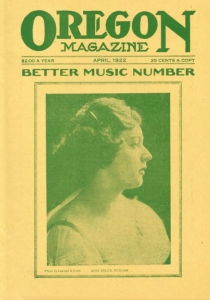
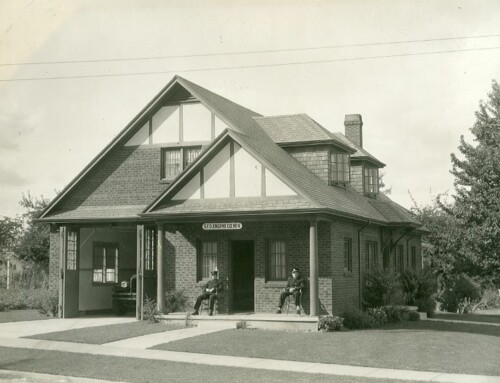
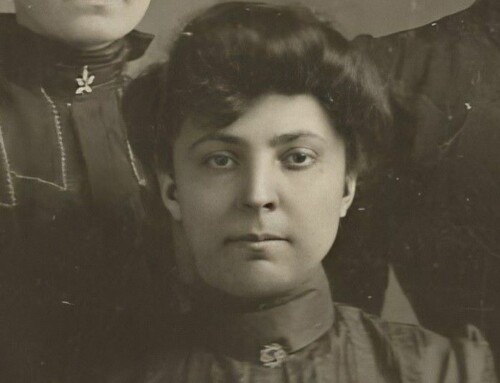
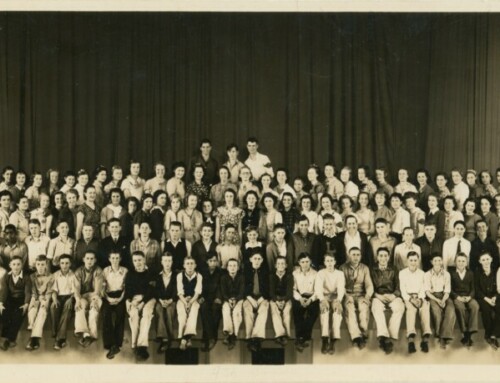
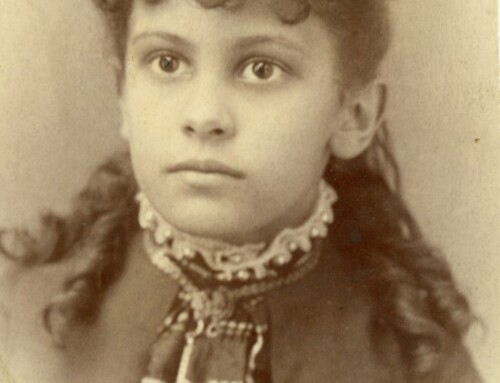
Leave A Comment